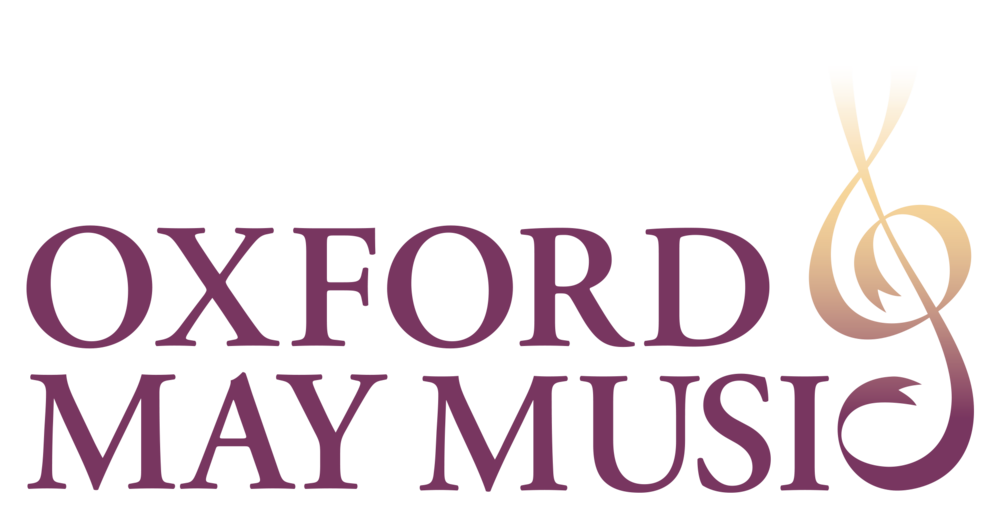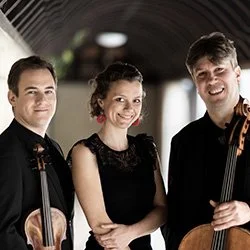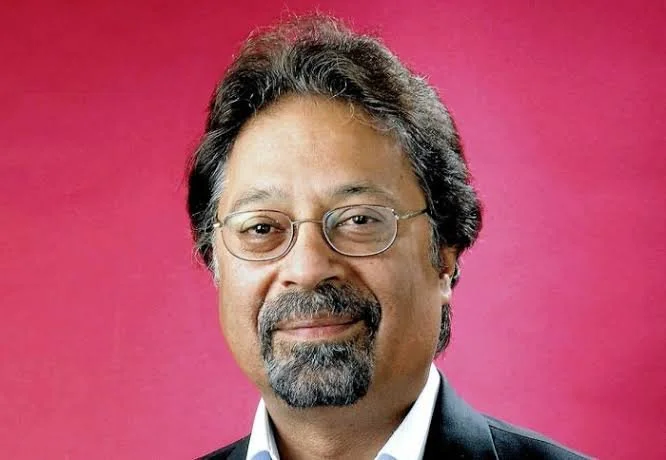Note change of programme and artist
Soprano and violin:
Three Irish Country Songs - Rebecca Clarke
- I Know my Love
- I Know where I’m goin’
- A Ballynure Ballad (As I was goin' to Ballynure)
Soprano, violin and piano:
The Seeds of Love (Anon.) - Ralph Vaughan Williams
Soprano, baritone, violin and piano:
How Cold the Wind doth Blow (Anon.) - Ralph Vaughan Williams
Baritone and piano:
Three Shakespeare Sonnets - Hubert Parry
- Farewell thou art too dear for my possessing
- When in disgrace with fortune and men’s eyes
- Shall I compare thee to a summer’s day?
Soprano, baritone and piano:
Dirge for Fidele (Fear No More the Heat O’ the Sun - Shakespeare) - Ralph Vaughan Williams
Soprano and piano:
La Belle Dame sans Merci (Keats) - Charles Villiers Stanford
A Dream (W. B. Yeats) - Rebecca Clarke
In Faëry (Francis Ledwige) - Dilys Edwards
1. The Wife of Llew
2. The Find
3. A Fairy Hunt
Baritone and piano:
Sleep Song (Trad. Irish, translated P. H. Pearse) - Ina Boyle
Spring Sorrow (Rupert Brooke) - John Ireland 2’
Summer (Helen Douglas Adam) - Charles Villiers Stanford
The Heart Worships (Alice M. Buxton) - Gustav Holst
Soprano, baritone, violin and piano:
Two Vocal Duets (Walt Whitman)
- The Last Invocation
- Love Song of the Birds
Ailish Tynan - soprano
Gareth Brynmor John - baritone
Jack Liebeck - violin
Will Vann - piano
A concert exploring the huge scope of the musical world of Ralph Vaughan Williams (1872-1958). We hear his songs alongside from those in his circle at the Royal College of Music: Rebecca Clarke, Gustav Holst and John Ireland, from his teachers Parry and Stanford and his own setting of How Cold the Wind Doth Blow, one of most memorable and poignant folk song arrangements, beautifully scored for voice, violin and piano. We also hear the music of his pupil Ina Boyle and Dilys Edwards, who knew Vaughan Williams and studied with his close friend and mentee Herbert Howells. The programme concludes with two gems that had lain forgotten for many years: Vaughan Williams’s Two Vocal Duets, sumptuous settings of Walt Whitman’s poetry for soprano, baritone, violin and piano. The songs will be introduced by the artists throughout.











